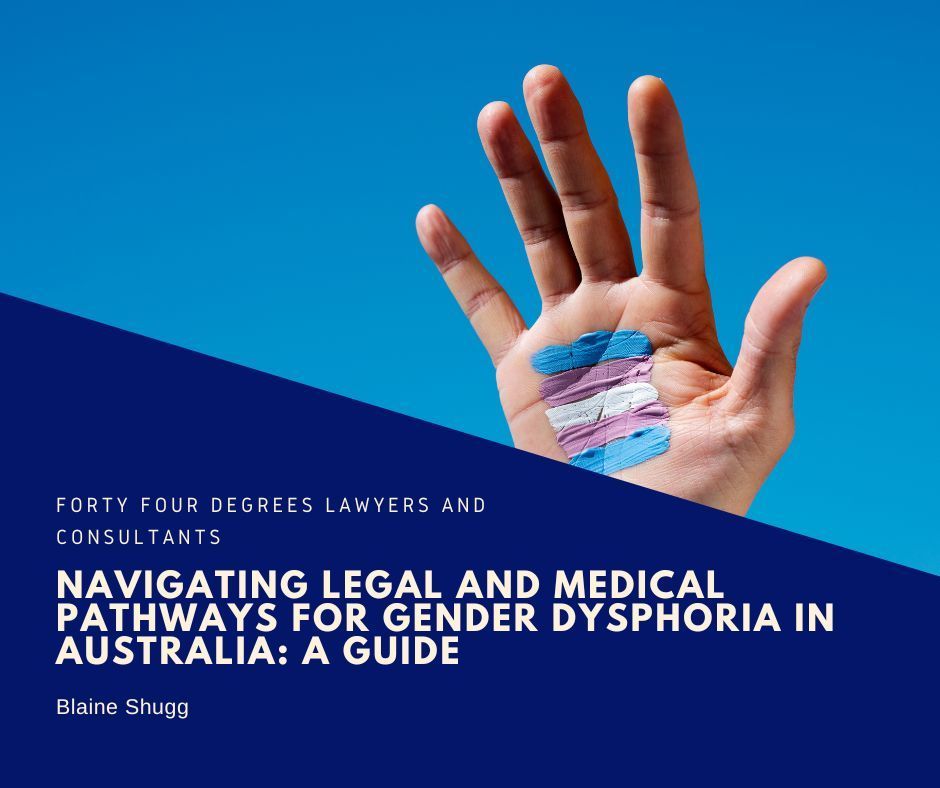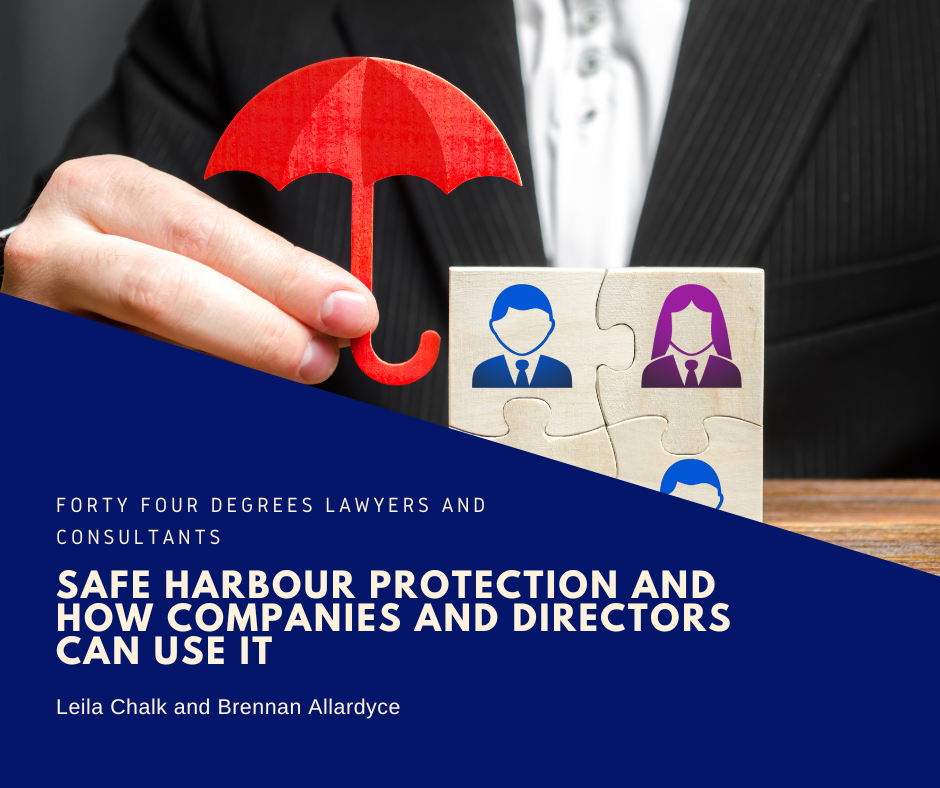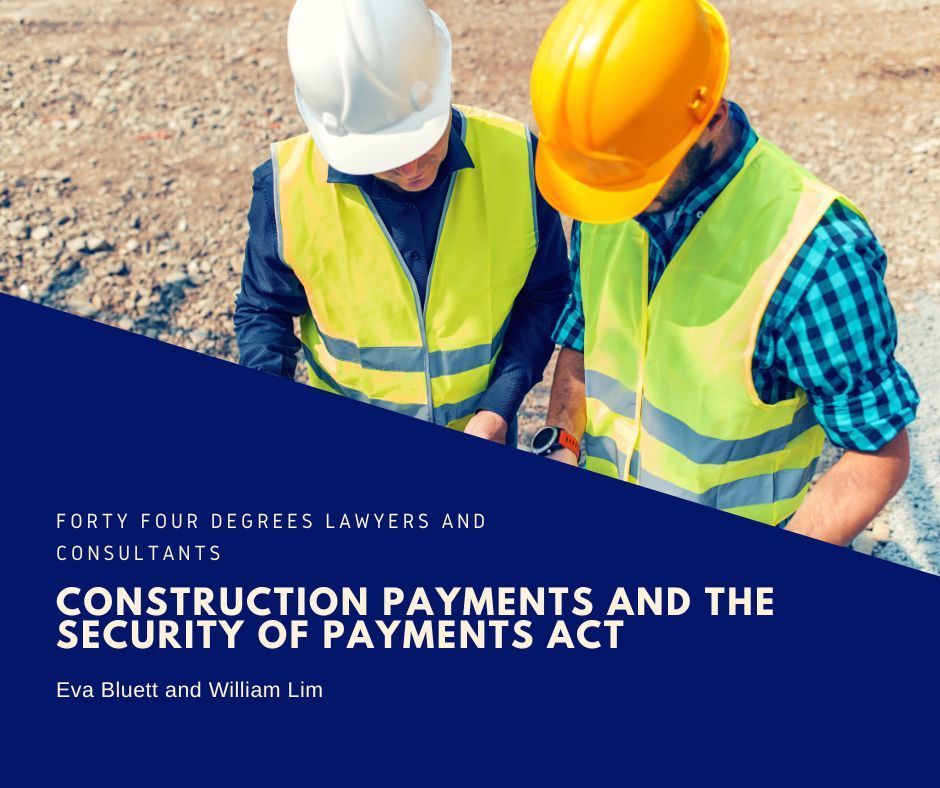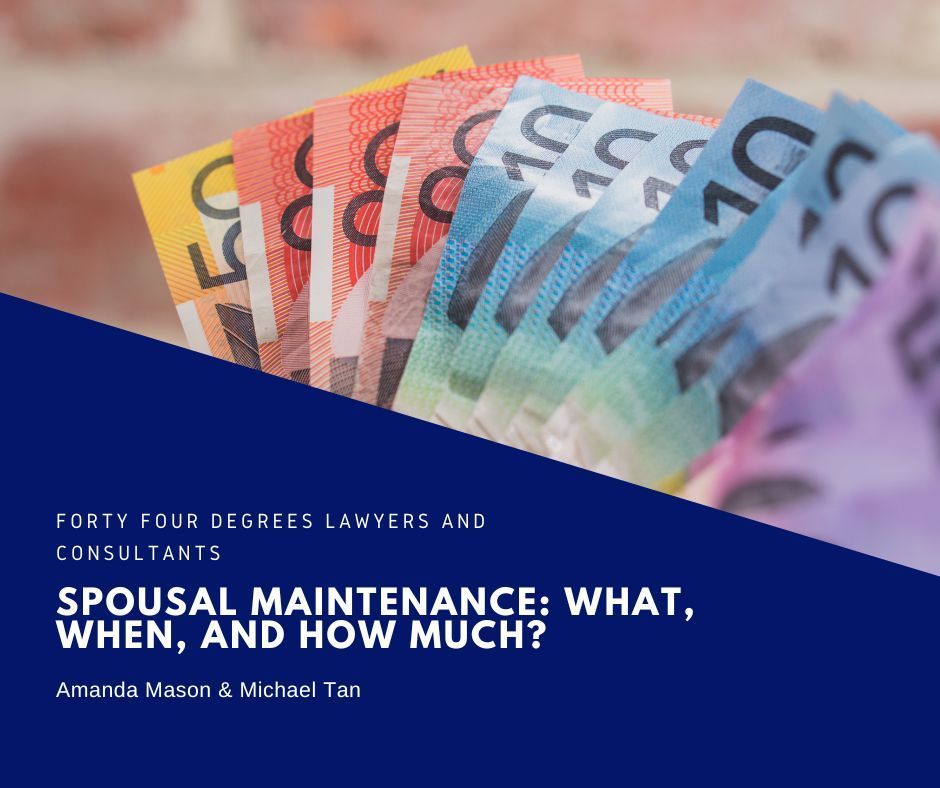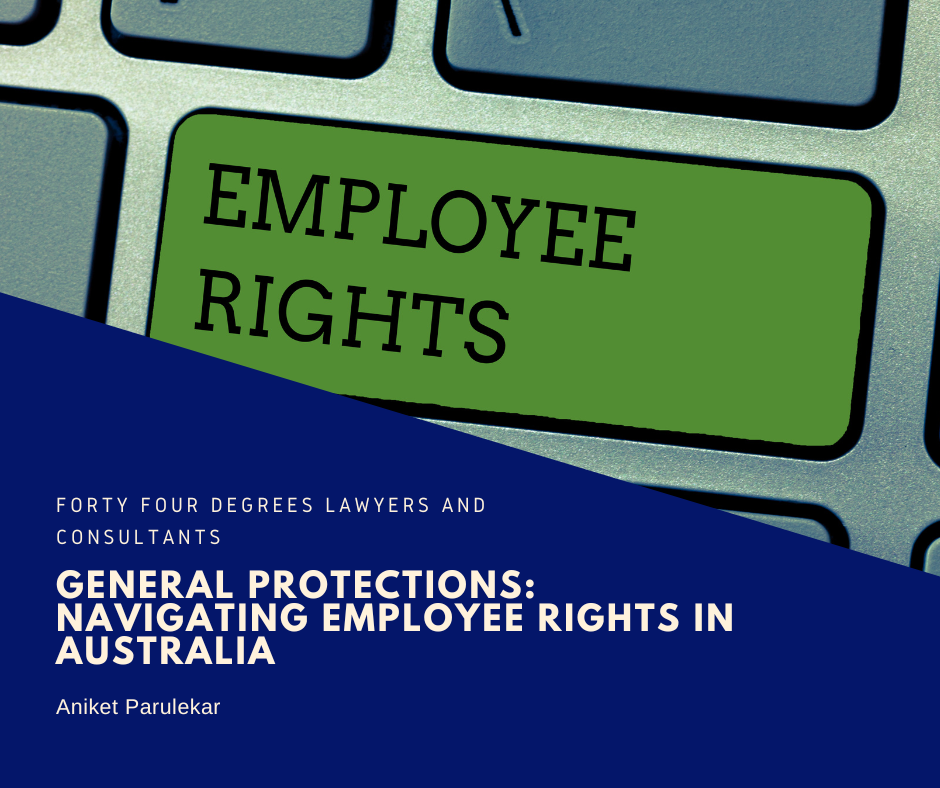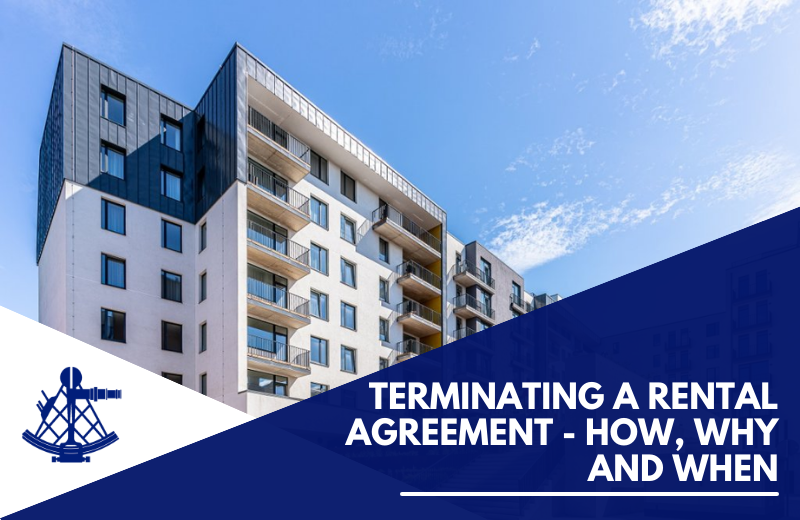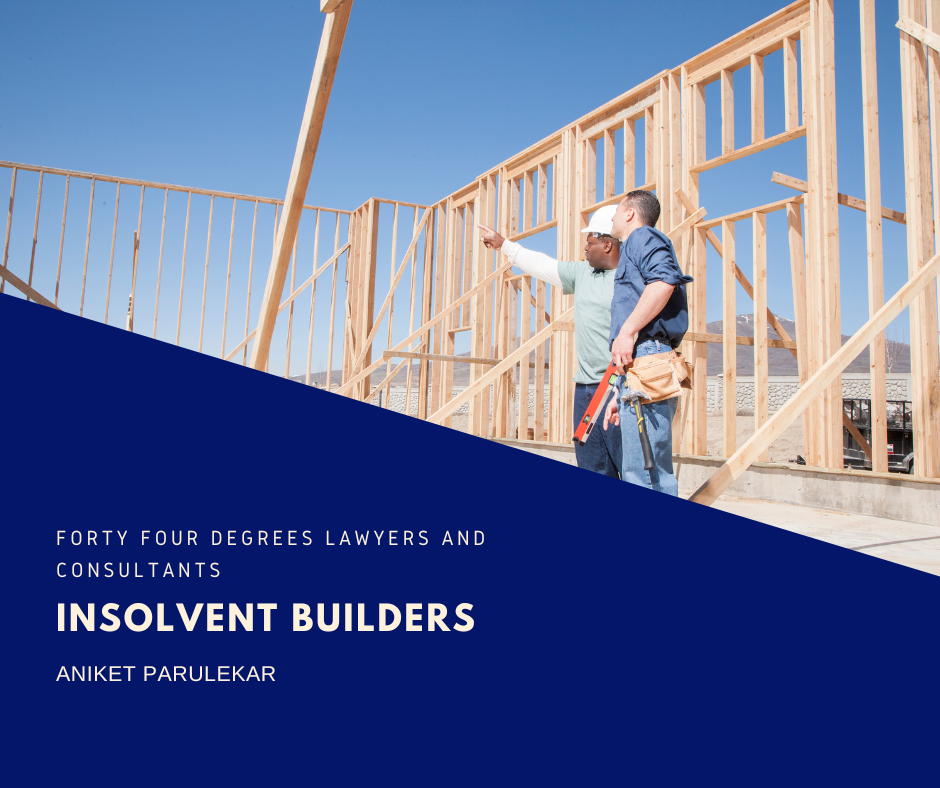Parole
What is parole? How does it work?
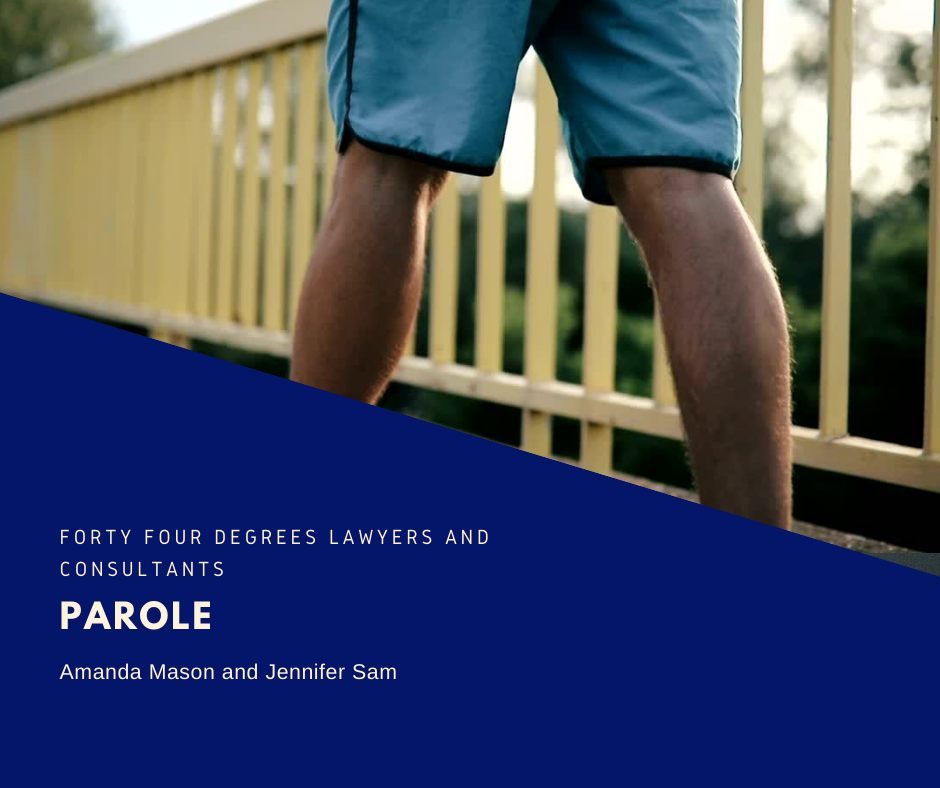
Parole
Where clients are being charged for a criminal offence or have been given a term of imprisonment it is important that they also discuss with their legal team the parole process.
When an offender is sentenced to a term of imprisonment that is more than a year long, the imprisonment term will normally be split into two periods: a non-parole period and a parole period.
- Non-parole period refers to the amount of time an offender must spend in prison before they become eligible to apply for parole.
- The parole period refers to the period where a prisoner serves part of their imprisonment sentence within the community.
Where an imprisonment sentence is longer than 24 months, the court must fix a non-parole period, unless it believes that it would be inappropriate to do so due to the offender’s history or the nature of the relevant offence.
If the court has fixed a non-parole period, the prisoner will become eligible to apply for parole at some point in their term of imprisonment. Those sentenced to a term between 12 to 24 months, may have a fixed non-parole period.
The court must fix a non-parole period that is at least 60% of the term of imprisonment imposed unless:
- It believes that it would be against the interests of justice to do so; or
- The relevant term is more than 20 years.
Applying for parole
Prisoners must apply to be considered for parole – prisoners are not automatically considered or granted parole simply because they are eligible. This means that if a prisoner decides not to apply, they will complete their full sentence in prison.
Parole application process
Whilst a prison case worker can provide assistance, it can be helpful for lawyers to outline the application process for parole to their client in order to alleviate any concerns as well as to encourage them to apply when they are eligible.
Whilst prisoners cannot be released on parole until their earliest eligible date, they can begin the process and apply early: prisoners can apply up to 1-3 years early depending on the length of their sentence. Case workers will alert prisoners to apply as well as provide information and assistance to prisoners applying for parole – particularly if they are struggling to apply.
· If a prisoner decides to apply for parole, there are 2 types of application forms:
o The standard, Parole Application Form; or
o The Parole Application after Cancellation Form for those applying to be released on parole again after their previous parole was cancelled by the Board.
After completing the relevant application form, the Case Management Review Committee (CMRC) will meet with the prisoner where they will discuss their parole application, the prisoner’s progress in prison and the parole criteria. CMRC will then write a report which, alongside the application form, is submitted to the Adult Parole Board. Those who do not wish to apply also need to meet with the CMRC to discuss their reason for not applying.
The Adult Parole Board will decide whether to deny, defer or grant parole to the applicant.
The Board first determines whether the application should continue to the ‘parole planning’ stage. If they believe it should, they will request a ‘Parole Suitability Assessment’ from the Community Correctional Services (CSS). This assessment outlines important information the Board will consider when making their final decision on the application. It is important that prisoners participate in rehabilitative programs and abide by the law during their non-parole period as this will be considered by the Board during the decision-making process.
Other factors that will be considered by the Board include:
- Criminal history
- Mental health assessments
- Victim submissions
- Performance during previous parole orders
- Home assessments, which may involve background checks on those which the applicant intends to live with during their parole.
If the Board denies the application, the applicant may not be able to appeal the decision. However, prisoners can simply reapply for parole. This information should be discussed with clients who may behave poorly in prison and are at risk of reoffending.
If the Board defers the application, the prisoner will be notified and can apply for parole again at a later, specified, deferral date. They may defer because of the prisoner’s behaviour in prison.
If the Board grants the application, the Board must include 10 mandatory conditions in the parole order.
For example, offenders on parole must:
- Not break any law
- Report to and receive visits from a community corrections officer
- Notify a corrections officer of any change to address or employment
- Comply with directions of a community corrections officer, Manager or parole board that ensures you comply with the order.
The Board may decide to include special conditions such as:
- Drug abstinence – this may involve frequent drug testing of the offender
- Curfews
- Restriction on movement (e.g. residential and geographical) – this may involve electronic monitoring
- Community work
- Attending rehabilitation programs
The Board can change the conditions of an offender's parole at any point of their parole.
- If there is potential increase in safety risks, the Board can add more conditions.
- If the prisoner is making good progress in their parole, the Board may remove some conditions.
When imposing a parole order, the Board may set an intensive parole period of approximately three months on particular conditions. During this period, the offender is supervised and monitored closely by the Community Correctional Services (CCS).
If an offender breaches their parole conditions, the Board will be notified and:
- Give a warning
- Vary the parole conditions
- Cancel their parole and consequently, the offender returns back to prison. This generally occurs when there is a serious breach or consistent breaches by the prisoner during parole.
If an offender commits a crime during parole or their non-parole period, the prison may decide to refer the matter to Victoria Police. If a prisoner is charged with another offence, they should contact their lawyer who must understand the severity of breaching parole and bad behaviour during a non-parole period.
Prisoners can re-apply for parole as many times as they would like. This is because the purpose of parole is to help prisoners transition and adjust to life outside of prison which may help to decrease recidivism and thus, increase community safety. It is important for offenders to know the importance of rehabilitation as well as understand how it may impact their chances of receiving parole; thus, lawyers should stay informed on these matters in order to communicate this information to their clients who may be unsure and concerned about the prison system.
For more information on the prison system or criminal matters more generally, contact our criminal law team at 1300 892 237.
Contact Us
We’re an Australian Law Firm promoting a nuanced, personal touch. We have the skills you need to resolve your case quickly and with a positive outcome. Our straight talking team stays close to simplify what is most often a complicated process. We help individuals and businesses with technology and startup law, property law including conveyancing and leasing, commercial law, civil litigation, wills, estates, bankruptcy, insolvency, criminal law, and professionals facing investigations and charges from their regulatory body.
We have a connected network of talented lawyers in Melbourne CBD, Dandenong, Ballarat, and Ivanhoe East.
Fill out the form or call us on 1300 892 237.
We will get back to you as soon as possible
Oops, there was an error sending your message.
Please try again later or call us on 1300 892 237.

